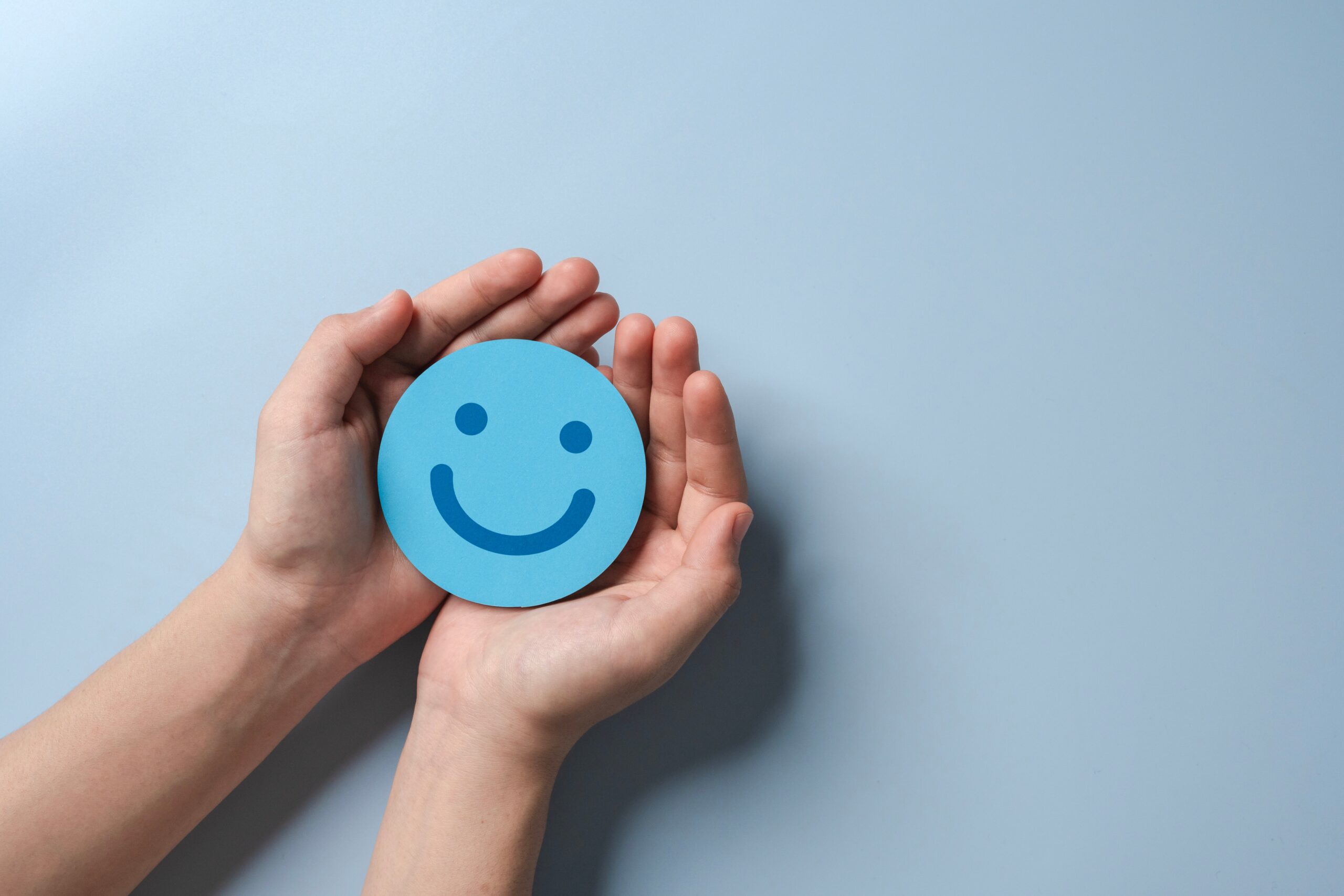
As people who are givers, taking time for self-care can feel selfish, but prioritizing our well-being is essential, not indulgent. To accentuate the point, think about a day when you feel off course from the moment your eyes open. You’re tired. Your temper is short. You simply aren’t your best self. How does that affect the people around you?
Now think about a day when you’ve had the best sleep, and you get up feeling great! How does that differ for the people in your family and in your life?
This is why actively making time for the personal growth practice of self-care benefits you and your whole family!
Self-care versus selfishness – what’s the difference?
The difference between self-care and selfishness is one of intention. Self-care is about filling your energy by doing things that make you feel good. Selfishness, on the other hand, has the underlying intention of taking from others, regardless of how it affects them.
In short, self-care is a personal growth practice that is focused on replenishing your resources without depleting someone else’s.
What do we teach our children when we take time for self-care?
Parents might feel that taking the time for self-care sends the message that their kids aren’t important. This is a myth that really needs debunking.
Self-care routines actually teach our children that:
- It’s okay to do the things that make us happy and energize us
- Self-awareness is critical for improving your mental health
- We have the power to reduce our feelings of stress and to recenter ourselves
- Going inward helps us to be calmer and better people outwardly
- Listening to what our body needs is essential for our wellbeing
In other words, when we practice self-care and lead by example, our children learn that it is something that they can also do to energize themselves and take steps to improve their mental health, which delivers greater personal strength and confidence too!
That is a great lesson to learn at a young age — and one that will help them build a fulfilling and successful future.
What are examples of self-care?
There are many different types of self-care, and we all have different things that help to restore our energy. Your self-care needs might even change from day to day, depending on how you are feeling. For example, on one day, you might need to go for a walk or run to reset, and on another you might need to take a nap. This is why it’s vital that you define what self-care means to you and outline a variety of options to choose from, to make it easier when you need to do something to energize yourself.
The act of discovering which types of self-care make you the happiest can even become an ongoing personal growth and self-care exercise to help you increase your feeling of fulfillment in your life as you try new things.
Think of the fun you can have with your family as you explore together the different types of self-care that ramp up your energy and well-being!
As you actively expand your self-care practice, you will notice that it can come in emotional, physical, mental, and spiritual forms. One often flows into the other or impacts another. For example, taking time to exercise helps us to feel better emotionally, physically, and mentally, and if you happen to find exercise meditative, it can also be part of a spiritual growth practice.
To get started with your family’s self-care practice, try exploring the following examples and discuss how they affect your feeling of well-being:
- Connection with friends and family
- Quiet time in prayer, meditation, journaling, reading, etc.
- Focused breathing
- Listening to music
- Creative time
- Fun exercises like dancing, stretching, skipping, walking, etc.
As you try different things with your family, you will vastly expand your self-care practice, while improving your overall wellness too. And if you add in an element of fun into the exploration, your self-care practice can be a highly enjoyable way to connect at a deeper level with the ones you love most.
I hope that this helps you see how self-care really is a form of personal growth that benefits your whole family.
One challenging part of self-care is protecting your energy from the toxic people who tend to drain you. If you would like to learn the LIBERATING ART OF CUTTING TOXIC PEOPLE OUT OF YOUR LIFE, CLICK HERE TO GET MY FREE GUIDE. It will help you free yourself from the energy drainers that negatively impact your well-being.
